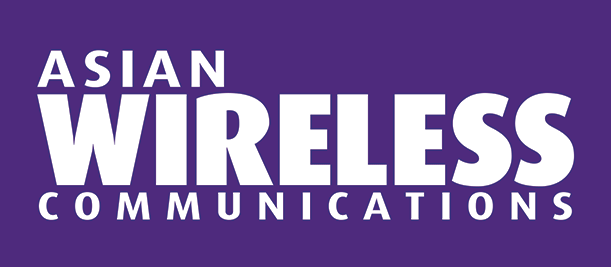18 June 2025

Mexico’s proposed new telecommunications law has undergone modifications following widespread controversy over one of its provisions, which critics argued could enable censorship on digital platforms.
The government has reportedly removed Article 109 from the law to prevent misinterpretation. This article had permitted authorities to request the temporary blocking of digital platforms that did not comply with certain legal obligations. The vague language raised concerns among commentators who feared it could restrict freedom of expression.
The law aims to strengthen national sovereignty, limit foreign influence in Mexican media, and overhaul the country’s telecommunications regulatory framework. Its goals include promoting digital connectivity and expanding internet access, as approximately 15 million Mexicans still lack internet connectivity.
However, the controversy surrounding Article 109 has overshadowed these objectives. Criticism has come not only from local organizations and opposition parties but also from the Office of the UN High Commissioner for Human Rights in Mexico.
Some speculate that recent US government anti-immigration advertising — described by President Sheinbaum as discriminatory and racist — may have influenced certain provisions of the bill, including efforts to restrict such ads.
Additionally, the Institute of Telecommunications Law (IDET), a Mexican civil association, has raised concerns about other aspects of the law. It argues that certain provisions violate multiple USMCA commitments — particularly those safeguarding regulatory independence and fair competition. IDET warns that new restrictions on cross-border data flows could spark international disputes and that hefty fines on digital platforms might cause some major tech companies to reconsider operating in Mexico.






